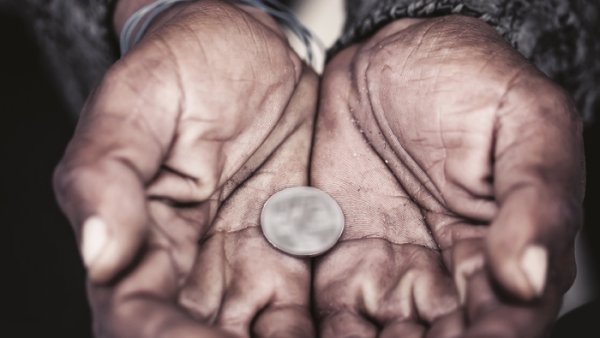
Muscat: An anti-begging team will photograph beggars and use video as evidence in court, a reliable source at the Ministry of Social Development (MoSD) said. “We now have the legal power to use video and take pictures of beggars. Such evidence will help us in the courts, and also will make our jobs a bit easier when it comes to presenting at the court,” said Hamad Al Toobi, director of Social Development in Muscat at Ministry of Social Development.
He added that they have processed all the legal procedures to get the approval to click videos and pictures of beggars while begging and soon this will come
into effect. “However, this is not open to the public. No one is allowed to use the same tools and then report to us or maybe other concerned authorities. Such people might get into trouble. The best practice is to report the begging to us and we will handle it,” said Al Toobi.
“In some cases we can’t prove the violation, especially when the beggar denies his crime,” added Al Toobi.
He noted that a new type of begging has recently been report, in which a beggar drives a vehicle carrying family members, stopping others and pretending he is in need of a small amount of cash to fuel his vehicle and drive home. The team tasked with finding and capturing beggars has advised the public to avoid helping such people, and report such cases to the hot line of the Ministry of Social Development.
Avoid talking
“These types of beggars are quite difficult to catch, since they can deny their crime,” said Al Toobi. He added that people should be careful with such beggars, as it is better to avoid talking to them. “This information has to be delivered to us or the nearest police station. Yes, it is difficult to catch them because of the way they look, which doesn’t appear that they are beggars, but the team at the ministry will try their best.
“Moreover, those who report such violations should be ready to testify in court,” said Al Toobi. He added that such violations need no other way to prove their crimes. “That’s when videos or pictures will definitely help,” said Al Toobi.
Similarly, other beggars pretend that they have products to sell, such as perfumes and watches, though their products are fake. “Such people have no licence to sell products and are violating regulations. People should not deal with such vendors. Actually, this is an indirect way of begging,” said a reliable source at the Ministry of Commerce and Industry.
Salim Al Sarhani, living in Muscat, said he encountered such incidents in which an expat driving a vehicle and carrying his child stopped and offered to sell him different types of fake perfumes. “The perfume looked in very bad shape, and the price he asked for was too high. He spoke good English and asked for my help in buying three perfumes from him, because he claimed that was stuck and in need of money just to fuel his vehicle and drive back to his place of living,” said Al Sarhani. He added that the beggar used the children in his car to beg for money.
“I refused to buy anything from him, and advised him to call one of his friends or relatives for help,” said Al Sarhani. Last June, MoSD arrested 330 beggars in different wilayats in Oman. Most of them were men, but some were women with
children. When asked about the reasons for resorting to begging, some said they were facing difficult circumstances and others said they were just poor.